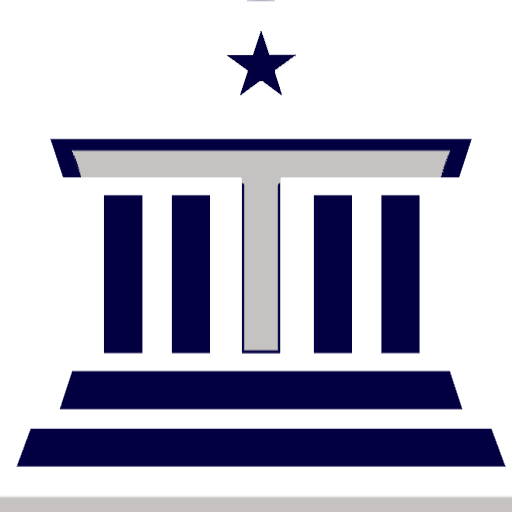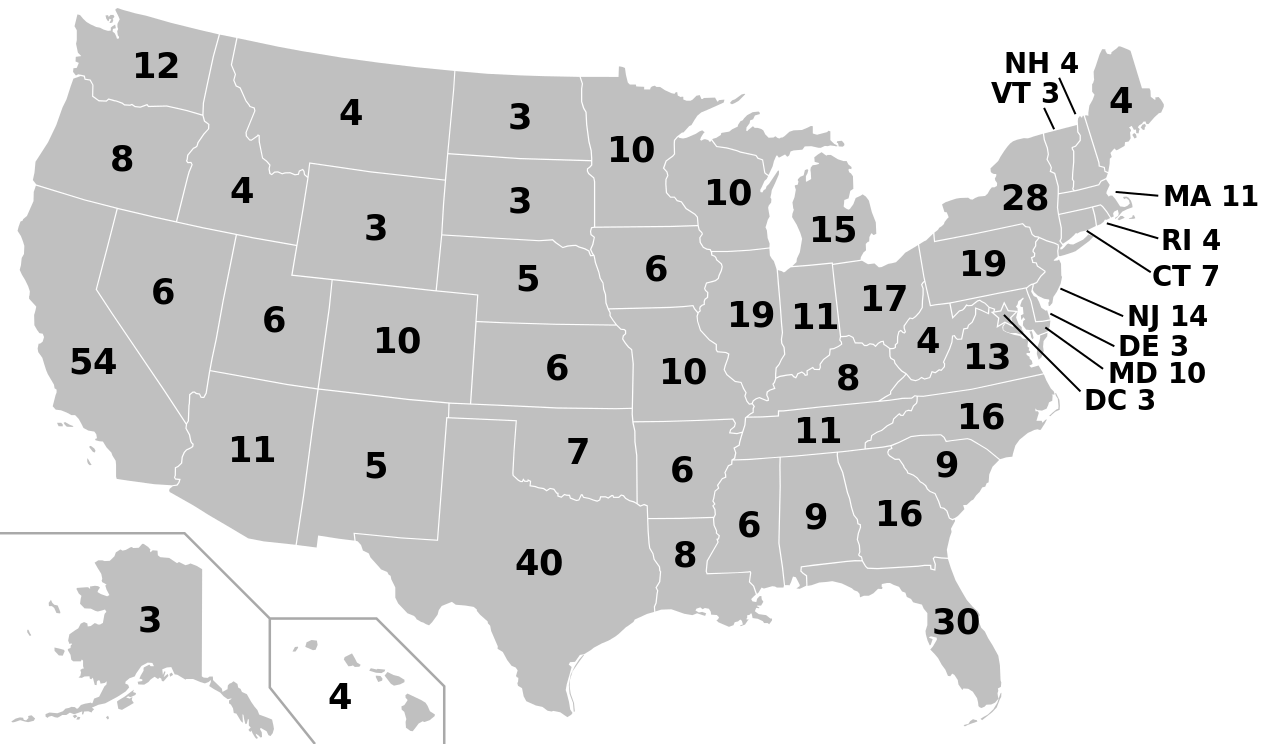In a significant move aimed at promoting fair competition and preventing the escalation of drug prices, the U.S. Federal Trade Commission (FTC) has taken action against pharmaceutical companies disputing the accuracy and relevance of over 100 medical patents listed with the Food and Drug Administration (FDA). This development, which includes prominent companies such as AbbVie, AstraZeneca, and Teva, could potentially lead to delays in the market entry of generic alternatives, impacting crucial medical devices like asthma inhalers and epinephrine autoinjectors.
At the heart of the issue lies the Orange Book, an FDA publication that identifies drugs and products the agency deems safe and effective. The FTC has raised concerns that some companies improperly list patents in the Orange Book, hindering the timely introduction of more affordable generic medications. The implications of these wrongfully listed patents are profound; they not only drive up drug costs for millions of Americans but also create barriers for fair competition and innovation in the pharmaceutical industry.
FTC Chair Lina Khan underscored the gravity of the situation, particularly concerning asthma inhalers, which are vital for millions of Americans managing their asthma symptoms. Despite the longevity of some inhalers on the market, their high costs persist, creating financial burdens for patients who rely on these life-saving devices. The FTC’s efforts to challenge these patents aim to alleviate these financial burdens, ensuring that patients have access to affordable medications without compromising quality and safety.
One of the key players in this dispute is Teva, the world’s largest manufacturer of generic drugs. The FTC has issued a challenge to 35 patents related to Teva’s inhalers, highlighting the significance of this issue within the industry. Similar letters have been sent to Boehringer Ingelheim and GlaxoSmithKline (GSK) concerning 22 and 14 inhaler-related patents, respectively. Mylan, now part of Viatris, also received a letter regarding eight patents for EpiPens, devices crucial for treating life-threatening allergic reactions.
The FTC’s scrutiny also extended to AstraZeneca, questioning ten patents associated with its Symbicort inhaler, a product that generated substantial revenue for the company in 2022. Additionally, AbbVie received notification that the FTC would dispute four patents related to Restasis Multidose, eye drops used to treat chronic dry eye. These challenges signify a crucial step towards ensuring that pharmaceutical companies adhere to regulatory standards, promoting transparency, and fostering a competitive market environment.
The significance of this issue extends beyond individual companies and patents; it raises broader questions about the pharmaceutical industry’s ethics, regulations, and their impact on public health. Wrongfully listed Orange Book patents can have far-reaching consequences, influencing drug prices and availability, while also potentially stifling innovation and hindering the development of groundbreaking medical treatments. Addressing these challenges necessitates a comprehensive approach, encompassing regulatory reforms, industry accountability, and increased public awareness.
The FTC’s actions, as of September, indicate a firm stance against improper patent listings. The agency has warned that pharmaceutical companies could face legal consequences if they do not adhere to regulations. This proactive approach emphasizes the need for stringent oversight and accountability within the pharmaceutical sector, aligning with the broader goals of ensuring affordable healthcare access and fostering a competitive landscape that encourages innovation and the development of high-quality medications.
A crucial aspect of this issue lies in the delicate balance between encouraging pharmaceutical innovation and ensuring affordability and accessibility for patients. While patents are essential for incentivizing research and development, ensuring that they are accurately and transparently listed is equally vital. Transparency in the patent listing process is fundamental for fostering fair competition, allowing generic manufacturers to enter the market promptly, and offering patients cost-effective alternatives to expensive brand-name medications.
The challenges posed by the pharmaceutical industry extend beyond the United States, affecting global healthcare systems. Therefore, international collaboration and information sharing are imperative in addressing these issues effectively. By learning from best practices and regulatory approaches in other countries, policymakers can develop comprehensive strategies to tackle improper patent listings, promote innovation, and enhance access to essential medications.
Moreover, public awareness and advocacy play a crucial role in shaping policies and holding pharmaceutical companies accountable. Educating patients, healthcare professionals, and policymakers about the complexities of patent listings, their impact on drug prices, and the importance of fair competition can empower stakeholders to demand transparency and ethical conduct from the pharmaceutical industry.
The FTC’s dispute over more than 100 medical patents listed with the FDA signifies a significant step towards promoting fairness, transparency, and affordability in the pharmaceutical industry. By challenging improper patent listings, the FTC aims to protect consumers, foster fair competition, and encourage innovation in the development of life-saving medications. The ongoing efforts to address this issue highlight the importance of regulatory vigilance, international collaboration, public awareness, and industry accountability in shaping a healthcare landscape that prioritizes patients’ needs and ensures access to affordable, high-quality medications.









Leave a Reply